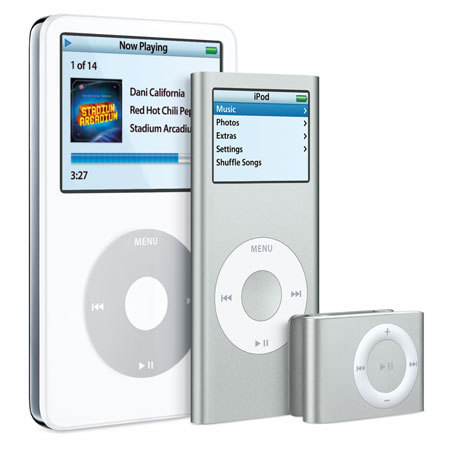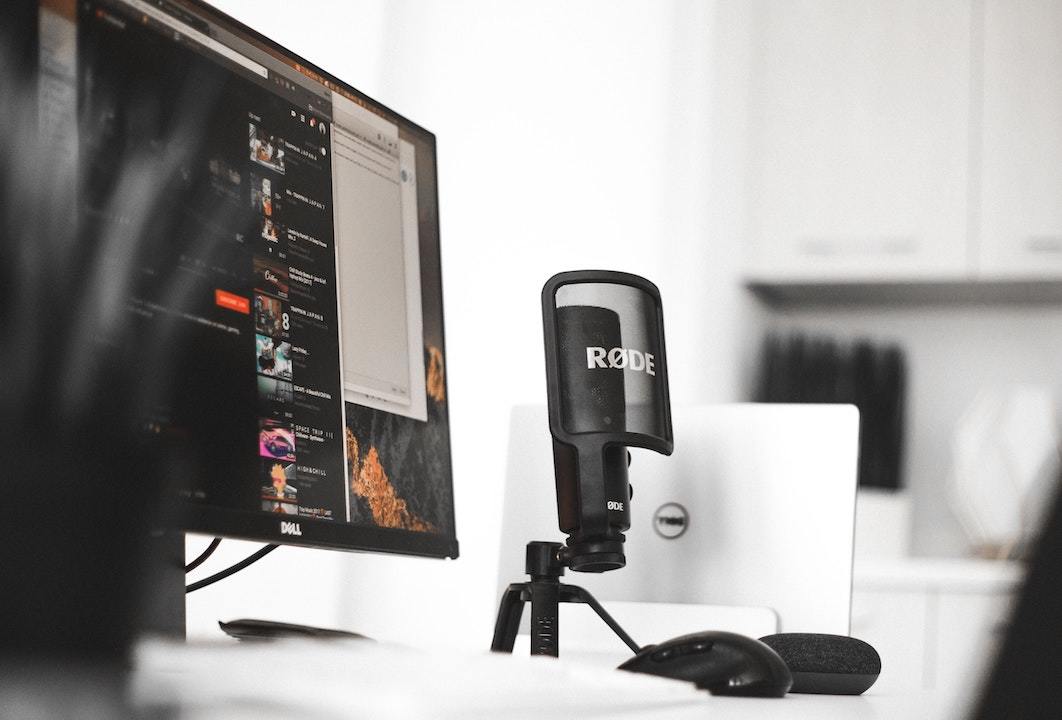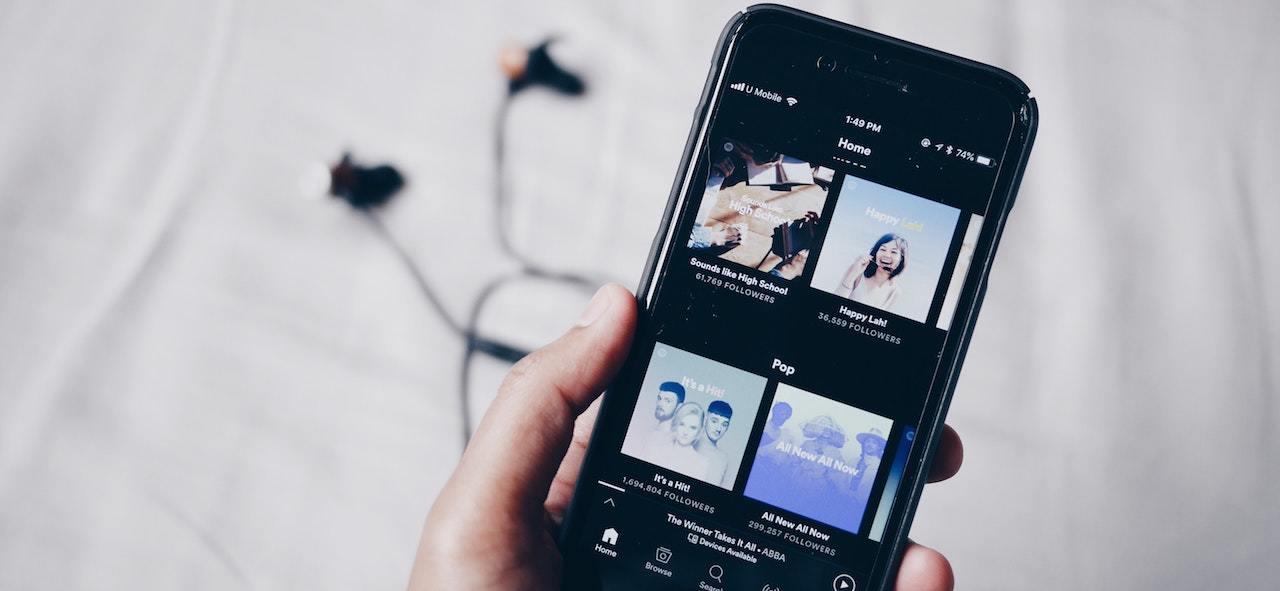Podcasting has been around in the mainstream for over two decades now, but it wasn’t always quite so popular as it is today. Just like any other medium like radio or TV, it had a rocky start. Take a look back at how and why podcast growth isn't stopping anytime soon.
How Podcasting Began
Podcasting is a term first coined during the reign of the Apple iPod in the early 2000’s. It has since become a dominant form of audio content used all around the world. It was originally created by two guys, Adam Curry and Dave Winer, who developed the idea of downloading internet radio broadcasts to their portable media players, which eventually evolved over time to what it is today.
Formerly known as audio blogging, it became hugely popular around 2004 and was a massive hit due to the easy access through the iTunes store, which at the time was one of the main hosting directories for this type of media. Users could easily find and subscribe to their favourite podcasts allowing them to get all of the latest shows when they were made and could be transferred to their iPods to be listened to anywhere!
Starting off Slow, but Generating Buzz

Due to the huge success of the iPod and portable audio players in general, more and more online services started to pop up and get involved with the podcasting revolution! One of the earliest adopters, before the term was even common, was the BBC with their “World Service Show” in the early 2000’s after starting all the way back in 1932. Shows started adopting the user-friendly podcasting format which gradually expanding into larger markets. It even made “Word of the Year” in 2005 for the Oxford American Dictionary and featured in all future versions! It was chosen because of the rapid podcast growth to becoming one of the hottest trends in media.
Rapid Podcast Growth & Early Adoption
Companies started to take the new media style seriously in the mid-2000’s which prompted the president of the United States to make his own podcast from 2005 to 2007. This encouraged many other people to jump aboard and start their own podcast due to the easy distribution and low production costs.

Podcasts cater to a wide array of listeners due to the endless topics that can be recorded for large or even niche audiences. This was a major benefit to amateur broadcasters as they didn’t have to worry about ratings and could easily draw in regular and loyal listeners, so it was very appealing to many independent broadcasters and companies alike!
Accessing Podcasts Using Feeds
A podcast feed is just a list of episodes of a particular podcast using RSS (Rich Site Summary) that allowed for a standardised way of showing updating content on a website. These feeds can be used in popular podcasting software to automatically download episodes for later listening and to look through previous content. Feeds gave birth to podcasting directories and places you could go to discover new shows.
During 2007, one of the largest RSS feed makers Feed Burner was sold to Google which was a service that allowed RSS feeds to be made that worked with the iTunes software. This marked the turning point for podcasts as it was recognised as being a valid media type and something that wouldn’t go away anytime soon.
Present Day Podcasting (What It’s like Today)
Fast forward to the present day, podcasting is still one of the number one mediums available and covers a wide variety of topics from educational content, entertainment, news, radio shows, and much more. In 2013 Apple announced that it crossed 1 billion podcast subscriptions, podcast growth which is isn't stopping anytime soon.
Finding a podcast for a particular interest is a lot easier than it used to be. There are so many shows available for download or can be streamed directly from mobiles, tablets, or TV’s, making it a ubiquitous medium with the way technology is going.
Mobile usage has helped propel the amount of podcast listening over recent years with mobile data becoming faster and phones becoming more capable, allowing for easier on-demand content wherever you are.

What the Future Holds for Podcasting
Podcast listener numbers and subscriptions to services like iTunes aren’t slowing down. In fact, as technology gets smaller and more integrated into our daily lives we will most likely see the rise in podcasting continue into the foreseeable future.
Businesses can look to podcasts as a way to expand their reach with direct support from listeners and potential deals from sponsorships and advertisements. These can give higher incentives to content creators in producing higher quality and more frequent content, which in turn attracts new listeners. This type of subscription-based model is expanding into platforms like Audible, who not too long ago announced their subscription-based podcast of original shows.
Podcast subscription models could spark a new level of premium content with professional live concerts or audio sitcoms which have higher production values. The industry appears to be heading in a positive direction with more niche and large-scale podcasts popping up all the time, so there’s always something for everyone in the podcasting world!
Grow Your Listeners with the Audience Personas Template
Identify who you're talking to with your free audience personas template. Connect better with listeners, drive podcast growth, and increase your chances of gaining sponsors.







